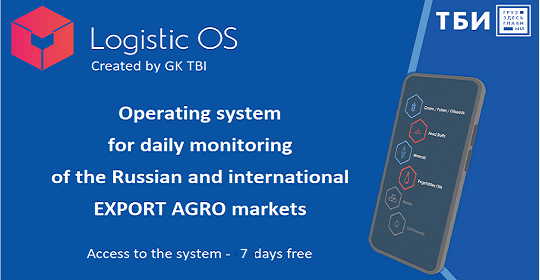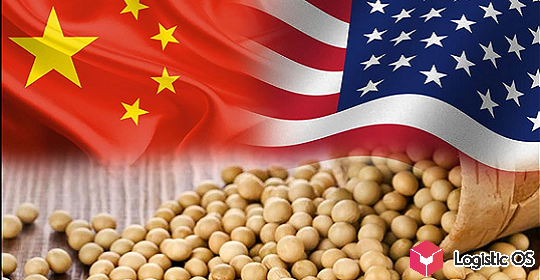The Ministry of Agriculture believes that last year’s records will be broken this year, although much will depend on the weather.
The head of the Russian Ministry of Agriculture Oksana Lut recently said that she expects a larger grain harvest this year compared to the previous one. However, she did not name any specific figures.
At the moment, the main reason to expect a rich harvest is the sown area. Compared to 2024, it has increased by 1 million hectares and currently amounts to 82 million hectares.
As always, the weather factor can significantly affect the final result.
For example, farmers in the Krasnodar Territory and Rostov Region are already facing drought.
There is hope that rain will fall soon, which would solve the problem. If it does not, then the suppression of plants will continue, and this may cause a decrease in the harvest.
But in general, favorable weather is expected in Russia this year, experts say.
At the same time, last year also saw some records.
For example, Russian farmers harvested about 2 million tons of durum wheat, which is a very significant result. According to Lut, this is a very important product for both domestic consumption and export.
In addition, producers managed to set a number of important records for the production of rice, oilseeds and vegetables.
Finally, the livestock sector is also seeing growth, the Ministry of Agriculture notes.
For example, according to the results of last year, milk yield per cow increased by about 6%, to 8.5 tons.
It is planned that if the industry continues to develop at this rate, then nothing will prevent it from reaching the target set by the government by 2030, which is 38.5 million tons of annual milk production.
At the same time, the results of 2025 for many sectors may not be as rosy as we would like, analysts warn.
The reason is that producers’ operating costs are growing due to the record high key rate set by the Central Bank.
There are also big problems with exports.
Last year, it grew by about 5% and amounted to about 109 million tons, which can also be considered an important milestone in the development of the Russian agricultural industry.
But in 2025, it sank both due to sanctions and internal shortcomings of the ministry and business, says Deputy Prime Minister Dmitry Patrushev.
In order to continue growth, they must be eliminated in the shortest possible time.

